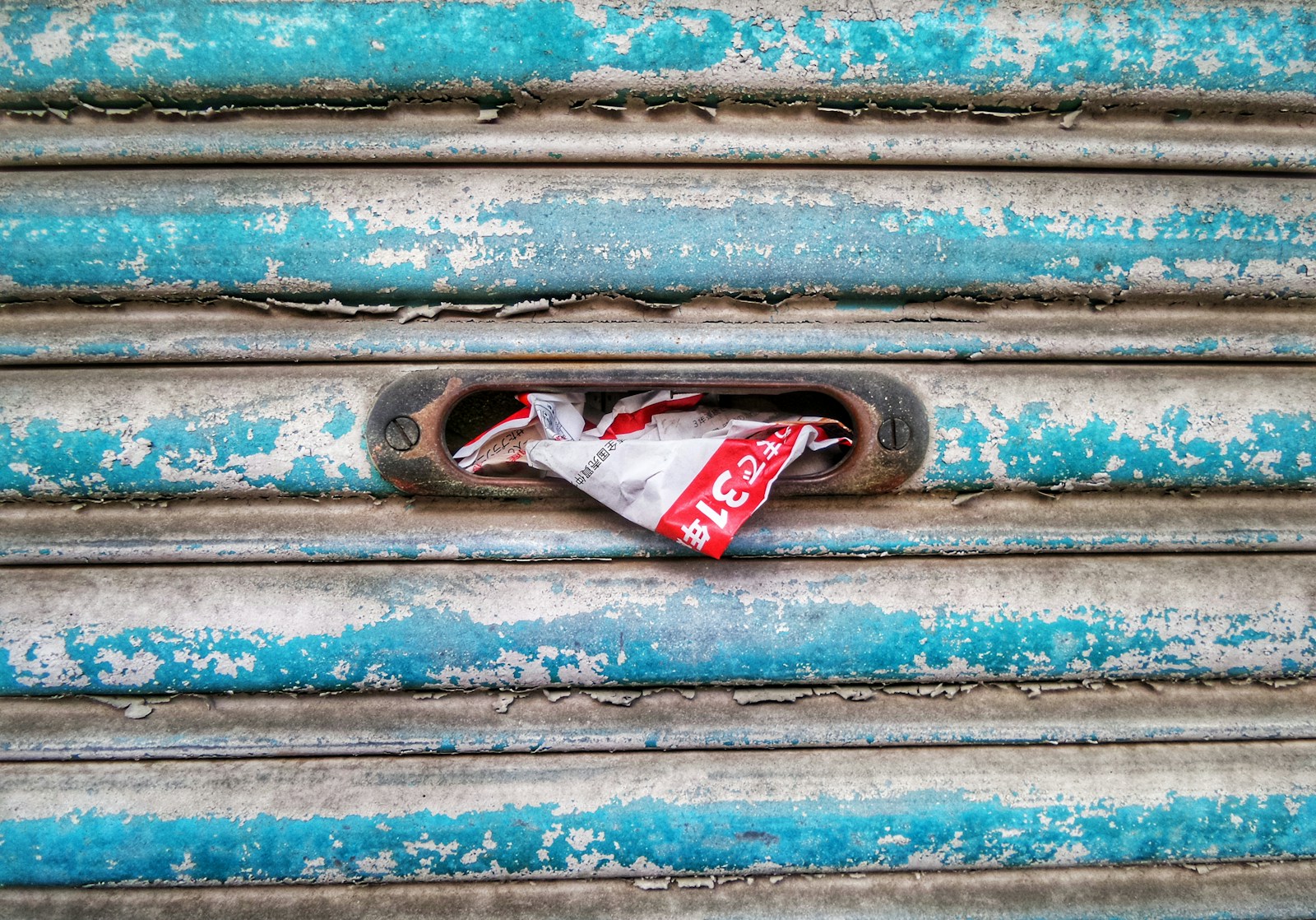
lleno

full
The Spanish translation for 'full' is 'lleno'. It is used in the same context as in English. It can refer to a quantity state where there is no more room for more, such as a full glass of water which translates to 'un vaso lleno de agua'. It can also refer to a state of completeness or wholeness.
Example sentences using: lleno
El vaso está lleno de agua

The glass is full of water
This sentence uses the word 'lleno', which means full. It's used here to describe the state of the glass, specifically noting that it's filled with water. It's a commonly used term to express that a container or space is full.
El cine está lleno

The cinema is full
In this example, 'lleno' is used to describe the crowdedness of a space - the cinema. This term is often used when describing public places that are filled with people.
El coche está lleno de gasolina

The car is full of gasoline
Here, 'lleno' indicates that the car's gas tank is full. This is a typical use for 'lleno' when referencing the fullness of a container.
La mochila está llena de libros

The backpack is full of books
In this statement, 'llena' describes that the backpack is filled with books. The word changes to 'llena' to match the gender of 'la mochila' in Spanish.
El estómago está lleno

The stomach is full
This phrase employs 'lleno' to denote that the stomach is satisfied or filled, commonly used after eating a meal.
El baúl está lleno de ropa

The trunk is full of clothes
In this example, 'lleno' is used to communicate that the trunk or chest is filled with clothes.
La agenda está llena este mes

The schedule is full this month
'Llena' in this sample indicates that a schedule is packed with activities or appointments. It's adjusted to 'llena' in accordance with the gender of 'la agenda'.
El parque está lleno de niños

The park is full of children
This phrase showcases the usage of 'lleno' to express crowdedness, signifying that the park is full of children.
El plato está lleno de comida

The plate is full of food
'Lleno' in this case indicates that the plate is filled with food. It's a common usage of 'lleno' to describe an item filled with something else.
El carro está lleno

The car is full
In this example, 'lleno' means the car is filled to capacity. This could refer to a car filled with passengers or items.